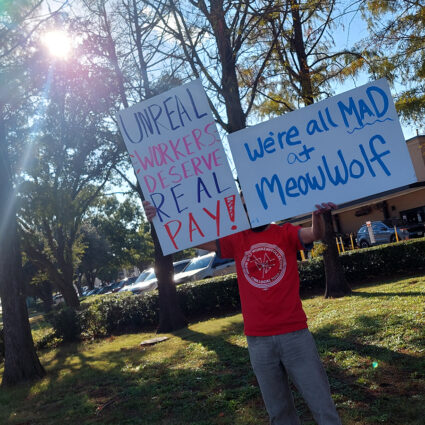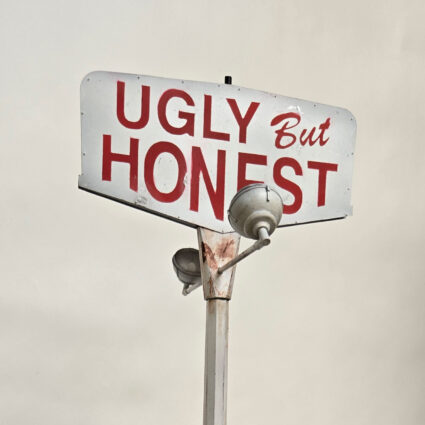The Santa Fe Independent Film Festival 2021 returns with a full line-up of screenings, panels, and events.
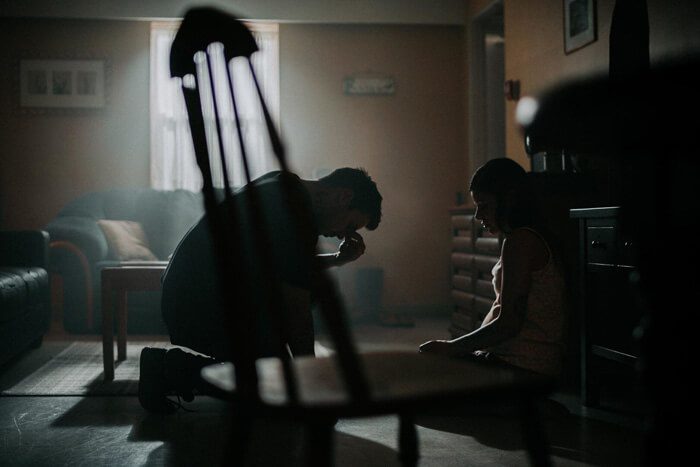
The Santa Fe Independent Film Festival returns this year, filling local theaters and venues once again with camaraderie and celebration. The festival will offer a competitive selection of films as well as live panels and events with filmmakers and artists. It also aims to usher a sense of hope with this year’s theme “An Uplifting of the Human Spirit.”
“Film is essential,” says Jacques Paisner, SFiFF artistic director. “I’m excited to be presenting a world-class program of films” in a “fully in-person festival this year.” The five-day festival, which runs from October 13 to 17, 2021, will screen forty-seven feature films and more than 100 short films. Screenings will take place at Violet Crown Cinema, Jean Cocteau Cinema, Wheelwright Museum of the American Indian, and Lensic Performing Arts Center.
Additionally, free daytime outdoor showings of select features will be projected onto an LED wall in the Santa Fe Railyard Park. A smaller selection of films will be available online for viewers who are unable to attend in person.
This year’s SFiFF lifetime achievement award will be presented to director Oliver Stone in a special ceremony. Other anticipated events include the opening night film presentation of Bergman Island directed by Mia Hansen-Løve and starring Vicky Krieps and Tim Roth; the closing night film Spencer directed by Pablo Larraín and featuring Kristen Stewart; and the centerpiece A Hero directed by Asghar Farhadi.
Alongside established filmmakers, the festival also showcases lesser-known, up-and-coming filmmakers who offer up their exciting new visions. As Paisner says, “If you look at the films at the festival, a lot of those are driven by the vision of a singular artist. They’re not put together by a market and a team and a company. But it’s one brilliant person who’s really got something to say.”
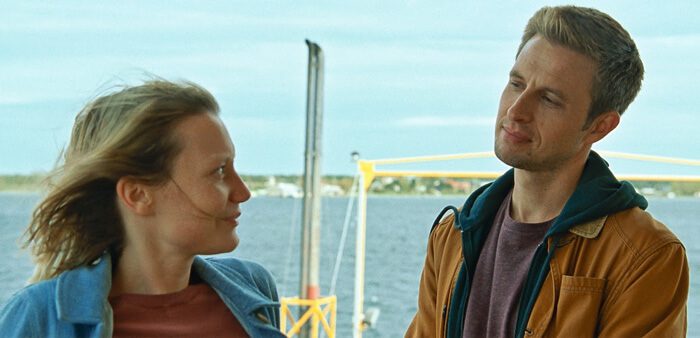
Among many of the noteworthy features this year is the French film Petite Maman, directed by Céline Sciamma. Kímmapiiyipitssini: The Meaning of Empathy, directed by Elle-Máijá Tailfeathers (Blackfoot and Sámi), is a documentary portraying the impacts of substance abuse in the Kainai First Nation in southern Alberta.
Street Heroines, a New Mexico documentary feature directed by Alexandra M. Henry, follows the artistic journey of three Latina female graffiti artists. Other full-length New Mexico documentaries include All The World Is Sleeping, Biomass, However Wide The Sky: Places of Power, and Shadow Weavers.
The New Mexico shorts program on October 14 will feature the films Solstice, This Is A Hogan, We Are The Waves, Charlie, Split Ends, Love In The Valley, and Moondogs. The New Mexico After Dark shorts program, a new addition to the festival this year, will feature the following selection of racy or scary films: Dudecreeps, Sunday’s Child, Survival of The Holy Fool, Master Bassist, Stay Calm, and Sage Me Not.
The Indigenous shorts program on October 13 will showcase The Water Walker, Our Atoll Speaks, Burros, The Train Station, The Moogai, My First Native American Boyfriend, VeRONAka, Woman Dress, and The Roots of Lacrosse.
There are three feature-length Indigenous films worthy of attention, including Catch the Fair One, directed by Josef Kubota Wladyka, a thriller that follows an Indigenous boxer who gets pulled into the world of trafficking in search of her missing sister. Brother, I Cry, directed by Jessie Anthony, is a dramatic peek into the life of a First Nations man caught up in a high-risk lifestyle of addiction and crime while Run Woman Run, directed by Zoe Leigh Hopkins (Heiltsuk and Mohawk), follows an uninspired, single mother as she tries to get her health and life back on track.
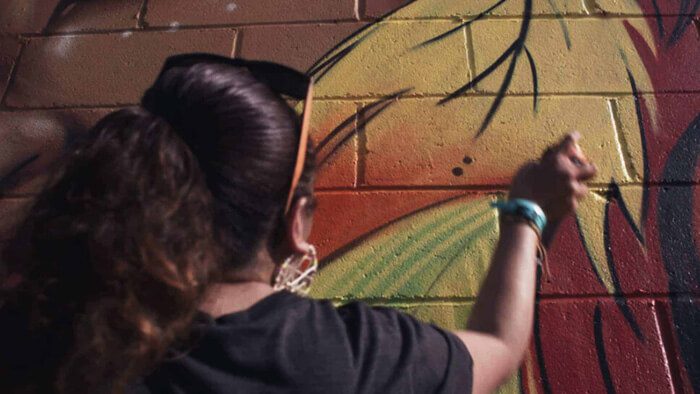
While seating capacity is limited and masks will be required, the spirit of celebrating film will no doubt persist, as will cinema itself. Despite the pandemic, Paisner does not foresee a slowdown in the output of films, especially independent ones.
“While the idea of putting together big Hollywood productions maybe is not going to make as much sense,” he says, “I think there’s always going to be people wanting to tell stories.”
